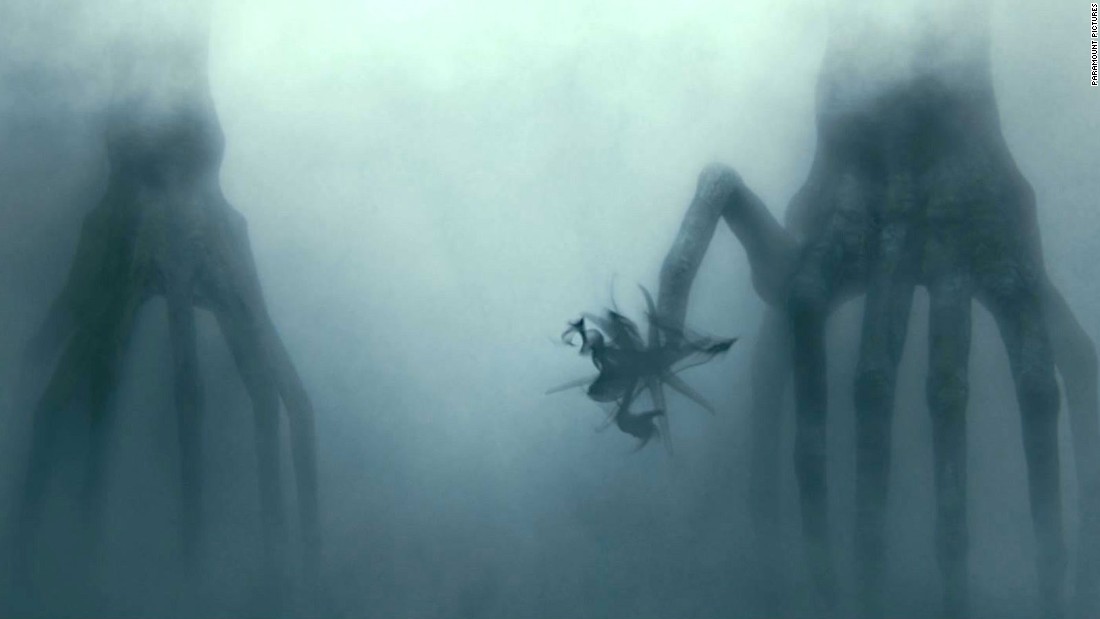
(CNN)In 1979, none of the promotional material for the film “Alien” showed moviegoers even a glimpse of the titular creature.
The gamble paid off. Thirty-eight years later, the design of the xenomorph creature from “Alien” set a new standard for how science fiction films depict extraterrestrials.
This month, the extraterrestrials from the “Alien” film series return to terrorize film audiences in “Alien: Covenant.” But the nightmarish look of the alien will hardly be shocking.
Even non-fans of science fiction these days can recognize what is supposed to be styled as an “alien,” to the point where the telltale signs of a creature from other worlds have become somewhat expected.
So, why do different aliens look the way they do? And what will they look like in 20 years? Below is a look at the art and design of some of film’s most memorable extraterrestrials.
An alien by any other name is an artist
Originally hired in 1973 by Alejandro Jodorowsky for conceptual work on an unproduced cinematic version of “Dune,” artist H.R. Giger was instrumental in creating the disturbing design for Ridley Scott’s “Alien.” Alan Dean Foster, who wrote the novelization of the film, says Giger’s artwork was “critical to the success of the film and its successors.”
Boldly going … to Earth!
Dangerous and aggressive aliens come in all shapes and sizes in “Star Trek.” From 1987 to 2005, makeup artist Michael Westmore created over a hundred different aliens — many of them menacing — across four “Star Trek” television series.
“The eyes and mouth are the communicative windows between the aliens and the humans,” he says. Writing in his memoir, “Makeup Man,” Westmore reveals he based some of his “future forehead designs” on real “dinosaur vertebra.”
The devil’s in the ‘Star Wars’ details
After creating primitive apes for “2001: A Space Odyssey,” Stuart Freeborn designed the vast majority of the aliens in the original “Star Wars” trilogy, including the famous face of Yoda. But because Freeborn was briefly hospitalized in 1976, many of the background aliens in the original “Star Wars” cantina scene were repurposed creatures originally meant for other films.
‘Grey’ aliens
Historian and expert on UFO ephemera Jack Womack (author of “Flying Saucers Are Real!”) describes the large-oval eyed-aliens, “grey” aliens, as part of a change in the way extraterrestrials were depicted by both true believers and filmmakers like Steven Spielberg. “‘Close Encounters’ aliens were very indicative of the shift going on at the time,” he says. “From aliens being a mystery to aliens being our friends.”
Seeing tentacles
The heptapod tentacled aliens from “Arrival” represent a divergence between science fiction aliens and aliens reported by supposed eyewitness accounts. Tentacled aliens are “more prevalent in science fiction,” Womack says.
“There’s a long tradition of squishy cephalopodic aliens that predate anything in Lovecraft.” Womack also thinks the prevalence of humanoid aliens among true believers is cyclical. “If people are familiar with little green men, they will see little green men.”
The future of aliens might be in the past
Aliens in films or television 20 years from now might not look too different from the ones invading our screens now. Like the cycle of fashion itself, certain aliens will always come back around.
“From the beginning of time, alien images, or what is supposed to be an alien image or symbol, has appeared in the art of various historical cultures,” Westmore says.
And from Giger’s hissing, acid-blooded Alien to the friendly, wrinkly Spielberg-style E.T., aliens with limbs, eyes and mouths will continue to visit us on TV and film. At least until real ones arrive.
Read more: http://edition.cnn.com/
The post Wrinkles, tentacles and oval eyes: How depictions of aliens have evolved appeared first on AlienVirals.com - Latest Alien & UFO News.
source http://www.alienvirals.com/wrinkles-tentacles-and-oval-eyes-how-depictions-of-aliens-have-evolved-2/


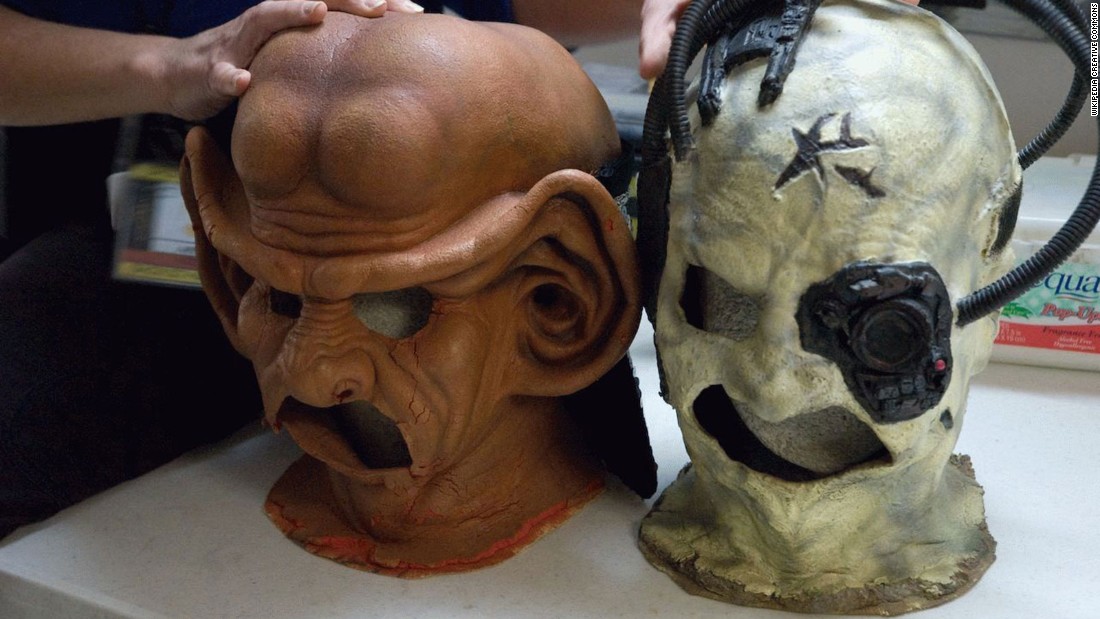
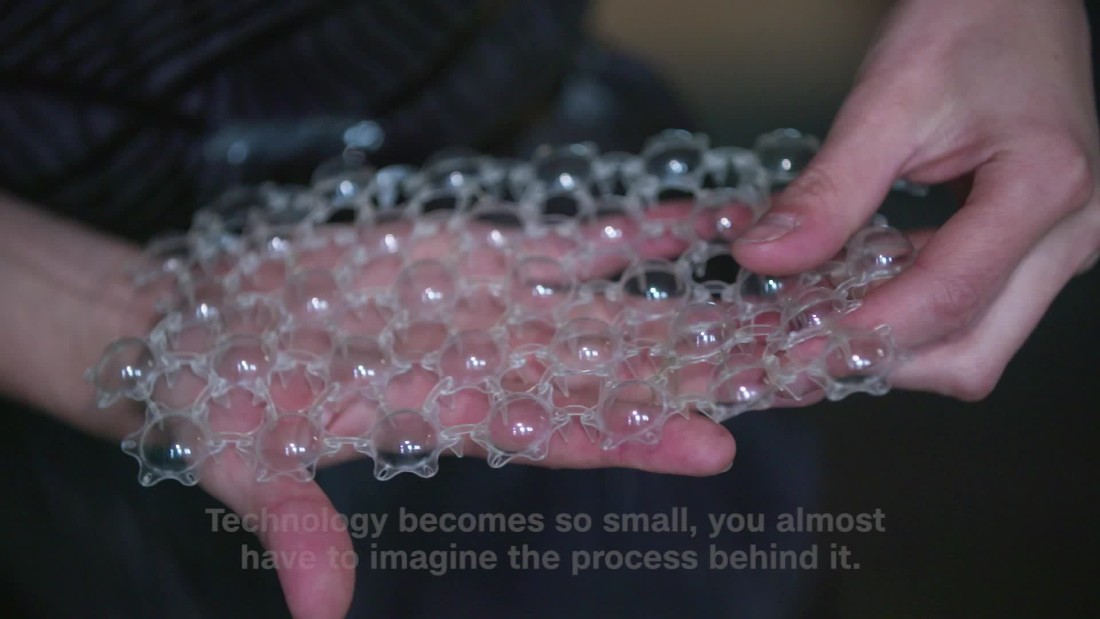
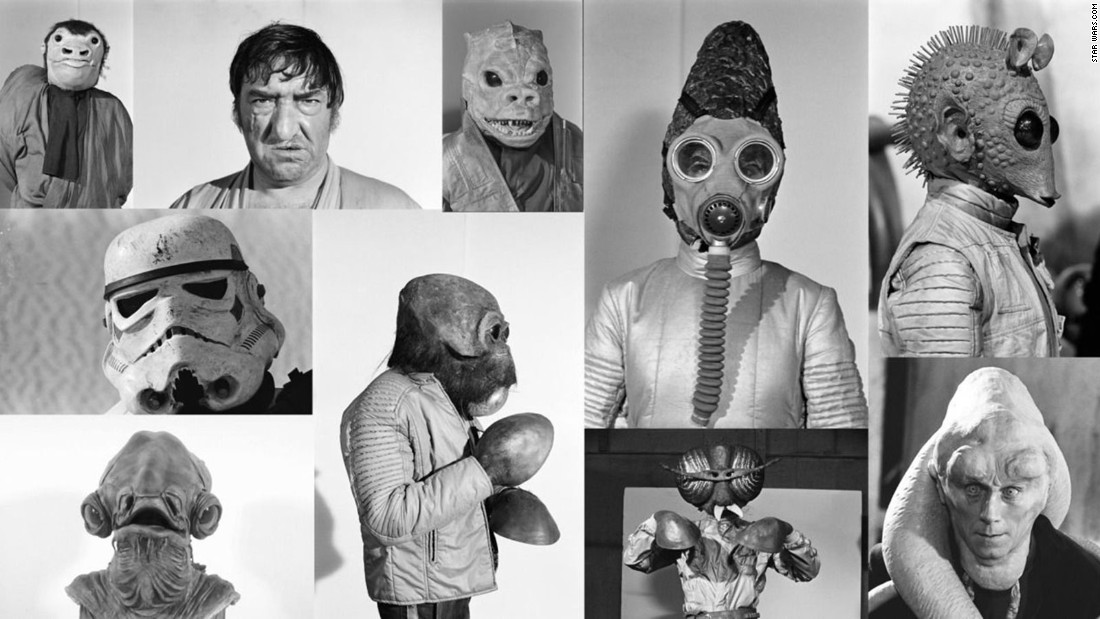
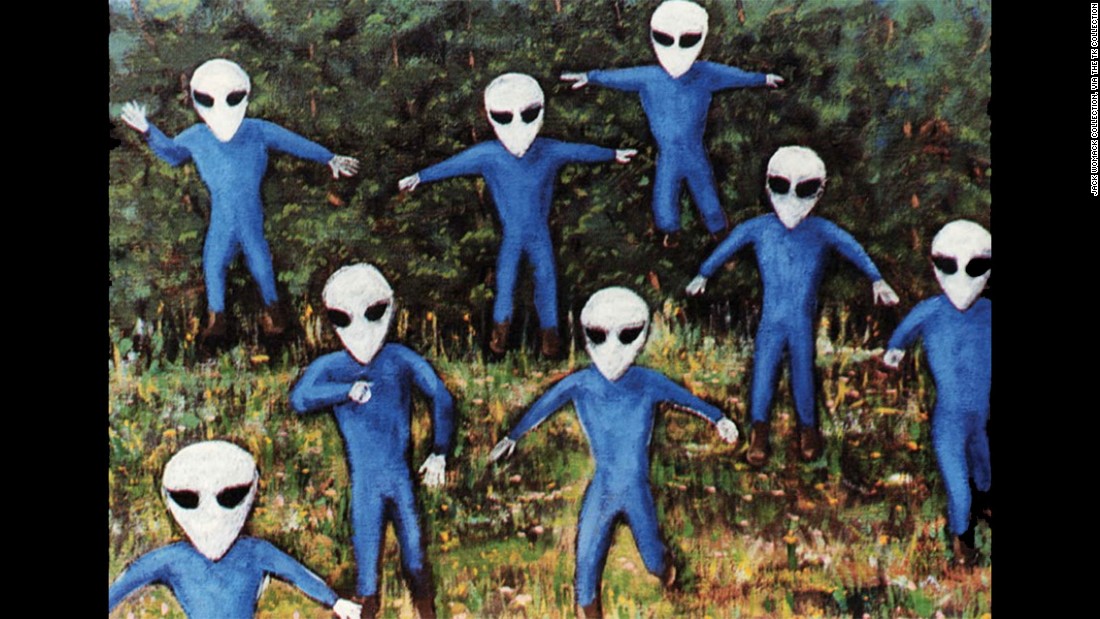
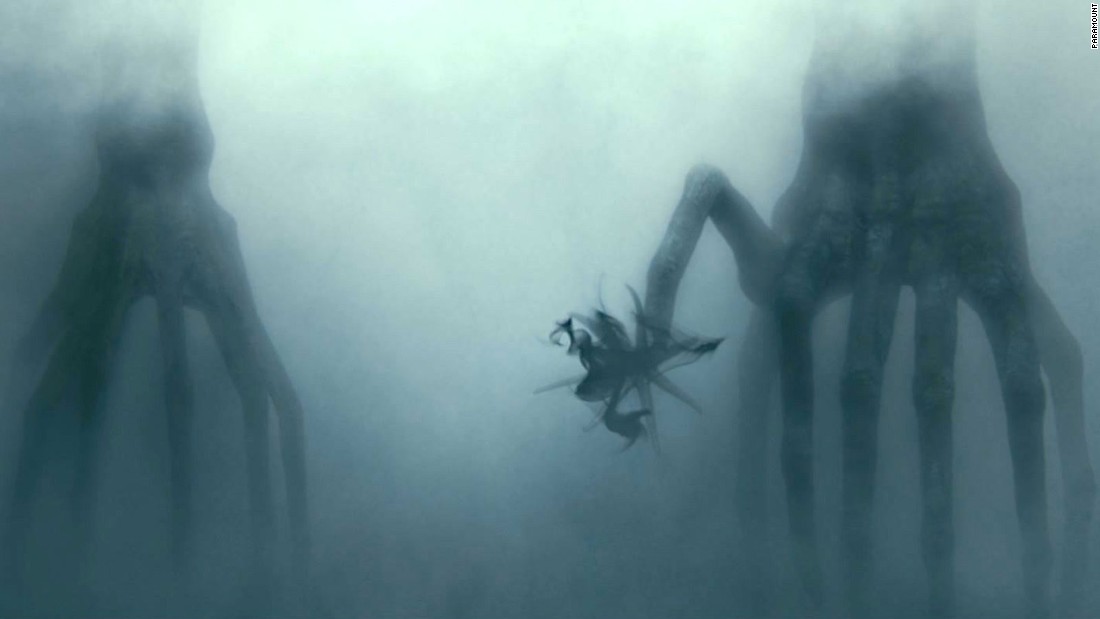
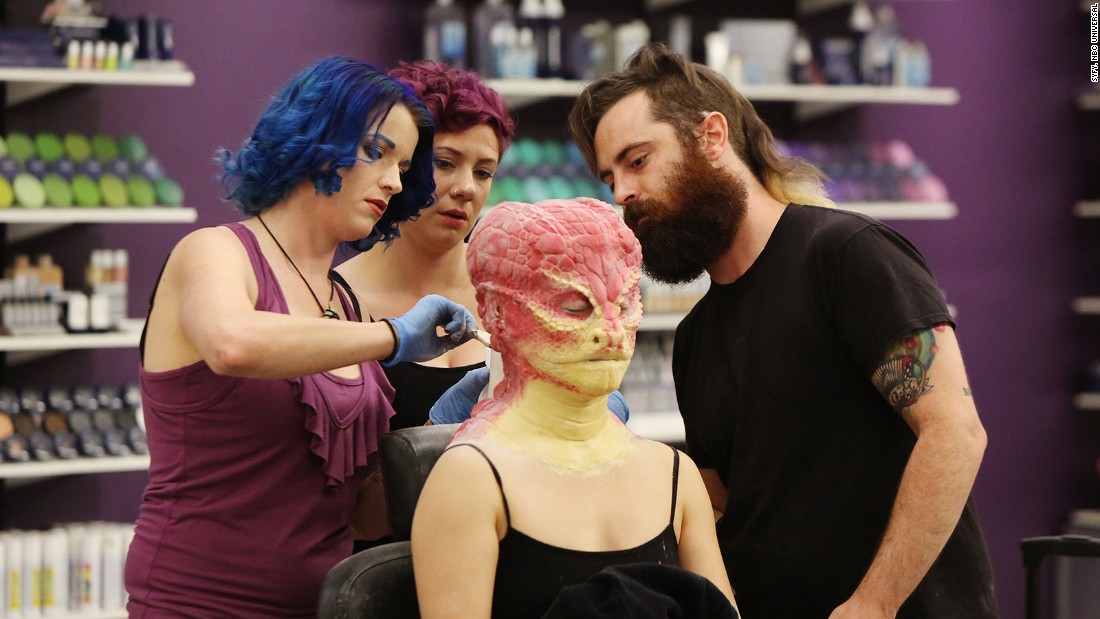
No comments:
Post a Comment